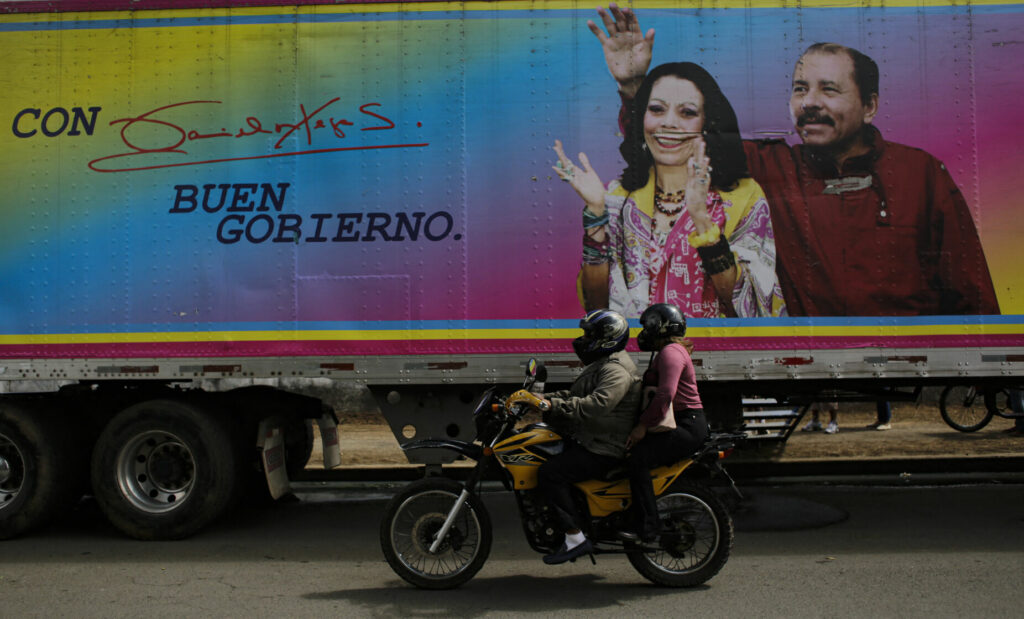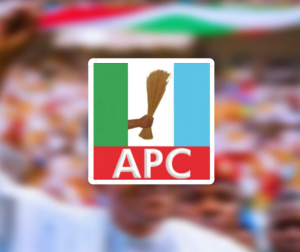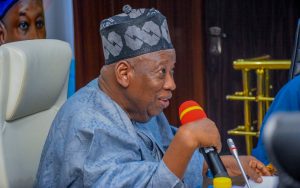Nicaragua votes in elections panned as ‘parody’ by international observers

The government of incumbent President Daniel Ortega has taken no chances this year, spending the past months blocking political participation of potential rivals and closely controlling the electoral process. The septuagenarian strongman is widely expected to claim Furthering concerns that the deck was stacked in favor of the current President and his party, the Sandinista National Liberation Front (FSLN), the country’s “They’re fearful of losing their grip on power,” said Julie Chung, the acting Assistant Secretary for the US Department of State’s Bureau of Western Hemisphere Affairs, in June. “As such, that fear of democracy, I think, has contributed to triggering these kinds of actions, repressive actions, because they have no confidence in their own ability to have the people support them.”Anti-government protests in 2018, sparked by uproar over a plan to pare down the country’s social security programs, offered a striking example of the government’s intolerance for dissent.Pro-government armed groups arbitrarily detained hundreds of participants, attacked churches and universities where demonstrators were thought to be hiding, and allegedly blocked the injured from accessing medical care.At least 322 people were killed then, according to rights groups, with thousands injured and hundreds detained. At the time, UN human rights experts accused the government of human rights violations against protesters. Ortega said the UN report was “nothing more than an instrument of the policy of death, of the policy of terror, of the policy of lying, of the policy of infamy.”Hundreds of protesters and activists are believed to still be detained, according to a report by the Nicaraguan Center for Human Rights in February, and more than 100,000 Nicaraguans have fled the country, according to the UN High Commissioner for Refugees.Anti-government protests were subsequently banned. Even waving the country’s flag in public — a key symbol of the 2018 demonstrations — was criminalized.Today, civic participation feels pointless, one young woman told CNN on Sunday. “Years ago during elections, there were lines at the polls and people wanted to participate,” she said. Though she had boycotted the vote, she pointed out that others in Nicaragua are not free to do even that, with government employees under particular scrutiny.”My father works for the state and if he doesn’t vote, he’ll be fired. It’s a way to force people to vote, it’s not voluntary,” she said.Her only hope is to leave the country, she added. “I don’t see a future here. Unless Daniel Ortega and that woman die, nothing will change. There is no life here.”Previous reporting contributed by CNN’s Flora Charner, Taylor Barnes, Claudia Rebaza, and Matt Rivers.







